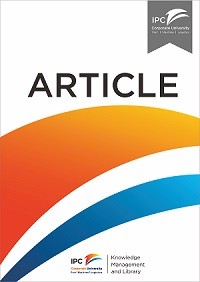Article
Estimating trade-off among logistics cost, CO2 and time: A case study of container transportation systems in Korea
One of the basic necessary conditions for successful implementation of policies which encourage the use of intermodal freight transportation systems is to understand ‘‘what the desired mode share of the intermodal freight transportation systems is’’ and also ‘‘what the trade-off relationships among various concerns such as logistics cost, time and CO2 emissions are’’. The objective of this study is to estimate the trade-off relationships among logistics cost, time and CO2 emissions of the freight transportation systems of Korea. For this, container cargo data, the road network for trucks and the railway network are used as a case study. The relationships are estimated by assigning container cargoes between production zones and consumption zones and by solving linear-programming-based transportation problems. This study clearly shows the trade-off relationships between attributes. The desired levels of modal split of the railway-based intermodal freight transportation system with respect to different aspects are identified. It is considered that the findings of this study would be valuable as anchor points for setting national policy directions on freight transportation system development and determining the level of subsidies for shippers or carriers who shift from trucking to a railway-based intermodal freight transportation system.
Ketersediaan
Informasi Detail
- Judul Seri
-
International Journal of Urban Sciences
- No. Panggil
-
ATC LO PAR e
- Penerbit
- Korea : routledge taylor france group., 2012
- Deskripsi Fisik
-
16 p.
- Bahasa
-
English
- ISBN/ISSN
-
2161-6779
- Klasifikasi
-
LO
- Tipe Isi
-
-
- Tipe Media
-
-
- Tipe Pembawa
-
online resource
- Edisi
-
Vol. 16, No. 1, March 2012, 85–98
- Subjek
- Info Detail Spesifik
-
-
- Pernyataan Tanggungjawab
-
Dongjoo Park
Versi lain/terkait
Lampiran Berkas
Komentar
Anda harus masuk sebelum memberikan komentar

 Karya Umum
Karya Umum  Filsafat
Filsafat  Agama
Agama  Ilmu-ilmu Sosial
Ilmu-ilmu Sosial  Bahasa
Bahasa  Ilmu-ilmu Murni
Ilmu-ilmu Murni  Ilmu-ilmu Terapan
Ilmu-ilmu Terapan  Kesenian, Hiburan, dan Olahraga
Kesenian, Hiburan, dan Olahraga  Kesusastraan
Kesusastraan  Geografi dan Sejarah
Geografi dan Sejarah